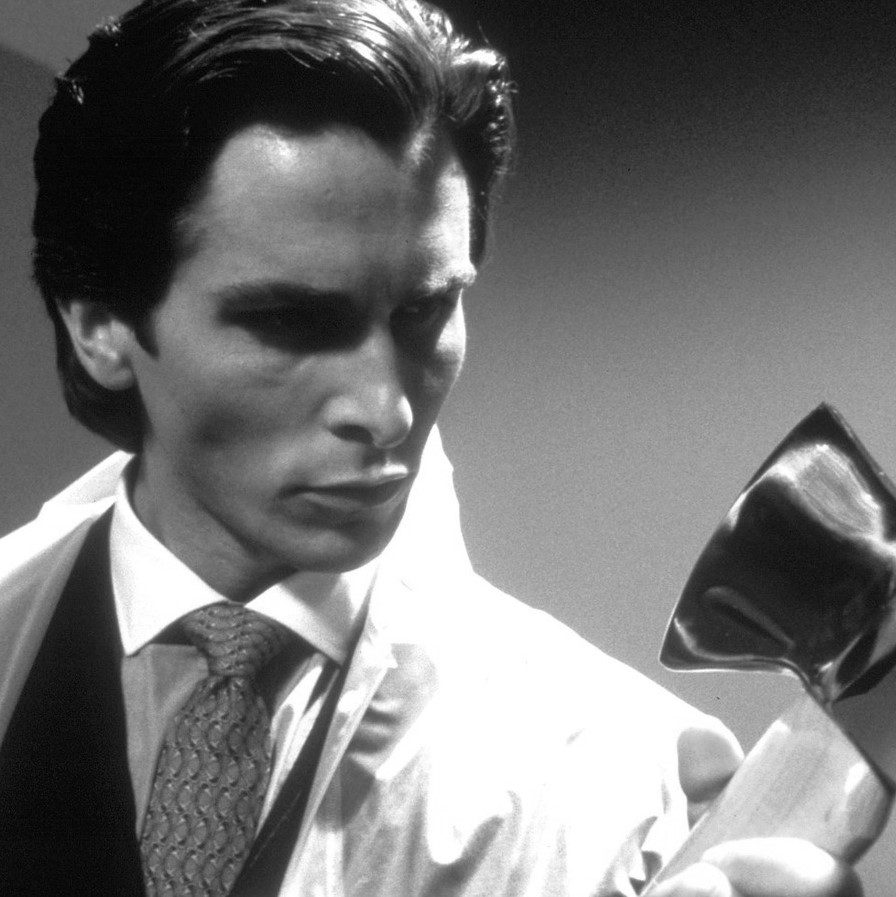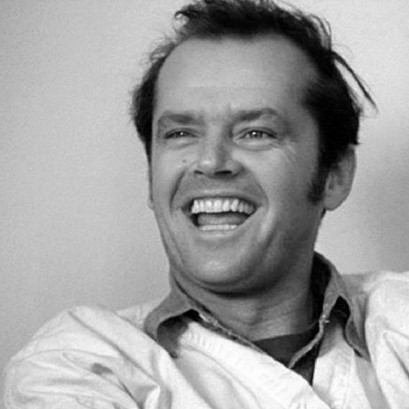Should Films be Moral?
by Luke Maguire.
Recently, when looking for a subject for this essay, I rewatched the film Joker (2019) in an attempt to see if my opinion of the work had changed overtime and whilst it certainly had I didn’t really find anything interesting to say about the film itself. On the other hand though my rewatch reminded me of the impact the film had upon it’s release in the way that it started so many conversations simultaneously. I remembered the whole ‘are comic book movies art debate’ triggered by comments from Martin Scorcese, I remembered how it started conversations about mental health and the failures of the healthcare system in America but what what struck me the most was remembering the very well documented media frenzy about incel violence leading up to the films release. There were fears that the main character of the Joker would inspire alt right and incel communities to commit acts of terror upon the general populas. This story gained legitimacy quickly and was covered extensively by the media and even led to the US Army briefing it’s troops about the dangers of incel violence before the film's release.

Joker, 2019, Warner Brothers.
However despite all the build up to the event there were no mass shootings at theatres or any clear acts of incel violence at all when the film was released. The story was then subsequently dropped by the media as the conversation moved onto reviews and the unprecedented success of the movie. But I don’t think that the media hurricane created around the release should be so easily forgotten as it brought up an important question: Should films be moral? Should films deal in grey areas in order to complex stories at a risk of corrupting the minds of those who watch it?
The Joker depicts an anti-hero in the form of it’s main character Arthur Fleck, a man outcast from society and who suffers deeply from mental health issues. Eventually due to his poor treatment he strikes back at society in a violent way ultimately becoming the titular villain. Whilst morally speaking the character of Arthur is an insane murderer and so should be condemed the film instead presents him in a more sympathetic light using the character to blame society rather than Arthur himself for the violent events of the film. This misalignment between conventional morality and the film's narrative creates a grey area which is ripe for interpretation. For the average movie going audience most will sympathise with Arthur’s character to an extent but ultimately see his actions as morally wrong. But for those who are more susceptible to incel ideology they could see the film as justifying their anti-societal views. Furthermore despite the fact that there was no violence due to the movie the character of Arthur has become something of a meme online, with his persona being used to reflect many racist, sexist and homophobic views as can be seen on sites like 4chan and Reddit. So whilst no immediate violence came from the movies released it could perhaps be argued that ultimately the film had a negative impact on society as it gave these morally wrong people a way to be seen and heard and perhaps even spread their message.

American Psycho, 2000, Lions Gate.
However Joker isn’t the only example of provocative cinema being criticised and associated with morally wrong political beliefs. Another example is American Psycho (2000) whose serial killer protagonist Patrick Bateman commits many horrendous acts throughout the film targeted almost exclusively at women. The film was meant to be a commentary on yuppy culture and on the treatment of women however despite this the film was fiercely criticised for the it’s depiction of violence towards women. And it can be said that many of these criticisms are valid as today Patrick Bateman is something of a pop culture icon whose face can be seen in many profile pictures and memes on the internet. This shows how despite the film having good intentions the overall effect has been of glorifying the man who they wanted you to despise, with Patrick becoming a character similar to Joker in his association with incel culture with his violence towards women almost seen as a positive side to his character.
For a further example you can also look at The Wolf of Wall Street (2013) whose protagonist Jordan Belfort has been troublingly idolised. Despite the film being an attempt to criticise the actions of the real life criminal it appears as though it has only lifted his celebrity and made his ultra-capitalist and toxic dogma more prominent. This effect can be seen through the film revitalising the career of Belfort who now has his own podcast and tiktok account where he continues to be this twisted idol for money hungry morally corrupt businessmen.

The Wolf of Wall Street, 2013, Paramount.
So from these examples you can see how films that deal in the grey area of morality often are misinterpreted by the groups who are being criticised by the film. Joker made incels feel recognised, Patrick Bateman made sexists feel cool and Jordan Belfort made extortionate capitalists even more full of themselves. This definitely calls into question whether these films should be made at all, as despite their quality they are having almost an adverse effect as to what they intended and this is the argument that many make when provocative films like these are made.
However to stop provocative films like this being made would be to perhaps revert to archaic ideas of the past when it comes to what is acceptable in film. Back in post-war America the film industry was dominated by a series of studios who had a 95% control over cinema. This allowed them to have great authority when it came to what type of films were made. This combined with the law known as the Hays Code which prohibited taboo subjects being displayed meant that cinema from the 30s to the 60s was very sanitised with little variation from the status quo allowed within films plots. This meant cinema was less provocative and therefore ultimately boring as characters such as the anti-hero were not allowed to exist really. This had the consequence of causing a decline in film viewership as the young generation drifted towards television where there was more freedom to explore taboo topics and new concepts.

One Flew over the Cuckoos Nest, 1975, United Artists.
Due to this decline of cinemas relevancy the Old Hollywood system was overturned during the mid 60s where the Hays Code was dropped and the studios grip on cinema was loosened. This allowed independent filmmakers with new fresh ideas to create films which did not comply with the status quo and many of these films made in this period of New Hollywood are now considered classics such as One Flew Over the Cuckoo's Nest (1975) , Easy Rider (1969) and Bonnie and Clyde (1967) These films all featured unconventional heroes which appealed to the new generation of the 60s and dealt in grey areas of morality just like the films I listed earlier.
So this creates the counter argument that by stopping films like Joker being made we are in a way stifling creativity and that despite the adverse effects of provocative films they still do have many upsides. All the films I have listed are great films which showed off the talent of great actors, told intriguing stories and provided entertainment to millions of people. So to say that films should be moral is quite a close minded way to view art as it is through dealing with provocative topics head on that we can better understand them. Ultimately we should not let a minority of people stop films being made due to how they may misinterpret them and instead understand that most audiences are smart enough to understand the messages of the film overall. You have to take the good with the bad otherwise we may not get films like Joker but instead get ones which are much more bland and therefore worse.
by Luke Maguire, May 2022.